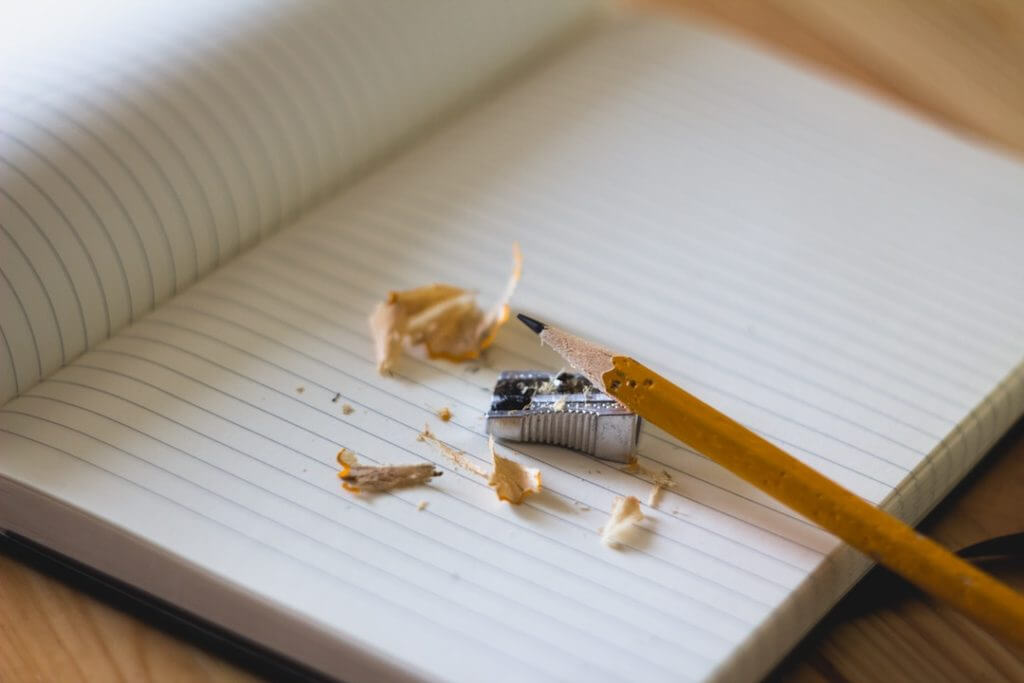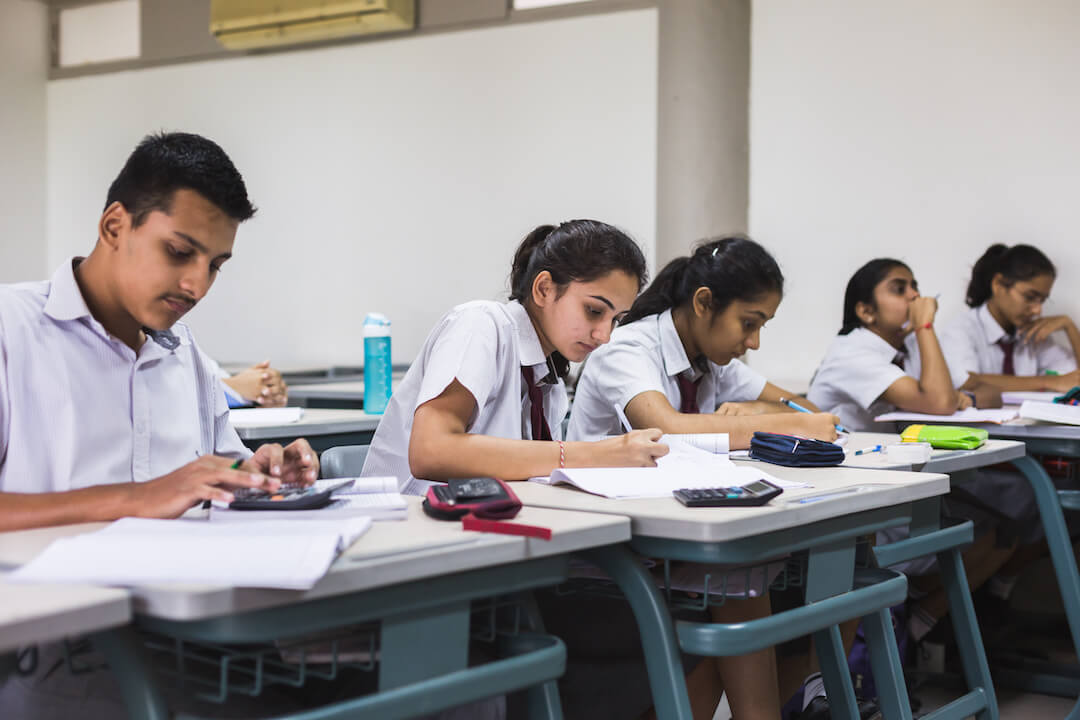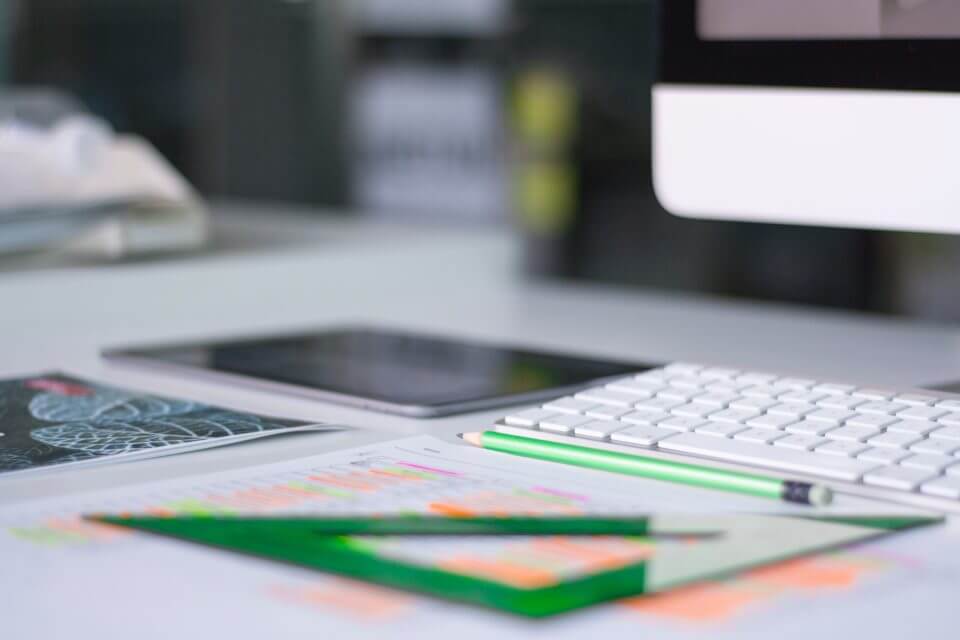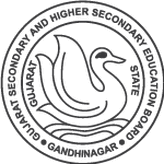The Mindful Way to Study – 3 Strategies for the 21st Century Learner
Exams have been around for centuries, and consequently, so have study strategies and advice. But much of the conventional wisdom about how we learn is actually being disproved by latest research. As education evolves faster than it ever has before, the way that students learn has got to change too. While memorising facts and working through piles of notes may still be necessary to ‘pass’ or score high marks, it is in fact creative thinking and a deeper understanding of concepts that will play a critical role in ensuring lasting long-term success and growth. So here are some tips that every 21st century learner can adopt to make the process of preparing for examinations not only more effective but also more pleasant and less stressful.
Mindset is everything
 Before attempting to ‘hit the books’, let’s make an essential mindset shift. In their book The Mindful Way to Study, Jake and Roddy Gibbs point out that a lot of the phrases we use to describe studying are pretty violent, such as the one used at the start of this paragraph and others like “nail the test,” or “hammer it into our heads”. With the imagery those words bring to mind, it’s no wonder that studying doesn’t sound particularly appealing. Instead of viewing learning as a battle — you vs. the material — view it as a relationship. It’s you and the material. The Gibbs’ describe learning as a dance — the dancer engages with the music. A ballroom dance is an act of cooperation, not fighting. Learning is a joint venture, not a hostile takeover.
Before attempting to ‘hit the books’, let’s make an essential mindset shift. In their book The Mindful Way to Study, Jake and Roddy Gibbs point out that a lot of the phrases we use to describe studying are pretty violent, such as the one used at the start of this paragraph and others like “nail the test,” or “hammer it into our heads”. With the imagery those words bring to mind, it’s no wonder that studying doesn’t sound particularly appealing. Instead of viewing learning as a battle — you vs. the material — view it as a relationship. It’s you and the material. The Gibbs’ describe learning as a dance — the dancer engages with the music. A ballroom dance is an act of cooperation, not fighting. Learning is a joint venture, not a hostile takeover.
Next, let’s get our intent sorted. Why are you learning? Is it to get an A? To get admitted to your dream university? While grades and money are important, if they are your sole intention for learning something, you won’t enjoy it as much, and you probably won’t learn as much.
In a famous study, two groups of children were allowed to play with an assortment of toys. One group was simply allowed to play with whatever toys they wanted. The other group was given the same instruction, but was also paid to play with the toys. Results showed that kids who were paid to play enjoyed the experience much less than the other group. The intrinsic joy of any activity is inherently reduced when we attach an extrinsic reward to it. Focussing on the results of an activity instead of the process makes performance suffer. So when it’s time study, engage in the process of learning itself rather than the quest to achieve good grades or admission to college.
Pace Yourself, Brace Yourself
 Before you sit down to study, spend a few minutes focusing on your breath, calming your mind, and cultivating your attention.Studies show that practicing mindfulness enhances our focus and concentration. Set yourself a timer for about 20 or 25 minutes, and each time that you find yourself distracted, try to notice when it has happened as early as you can. Then take a few more breaths and come back to your work. Remember that distractions are inevitable, so there is no need to become frustrated or impatient. As you practice mindfulness, you will have fewer distractions.
Before you sit down to study, spend a few minutes focusing on your breath, calming your mind, and cultivating your attention.Studies show that practicing mindfulness enhances our focus and concentration. Set yourself a timer for about 20 or 25 minutes, and each time that you find yourself distracted, try to notice when it has happened as early as you can. Then take a few more breaths and come back to your work. Remember that distractions are inevitable, so there is no need to become frustrated or impatient. As you practice mindfulness, you will have fewer distractions.
Studies show that mindfulness practice helps us manage performance-related anxiety. We all feel anxious at times, and of course, some level of nervous system activation is required to be motivated to do well, But people who practice mindfulness feel less anxiety before the event, and recover more quickly afterwards. Being level-headed during exam season allows you to focus as you work.If you do find yourself stressing out in the middle of an exam, take a moment and stop working. Look up from the test — take a deep breath. Take 5 breaths if you need to. This practice of returning to the present moment through deep breathing will activate your body’s calming response. You’ll be able to think more rationally. Remind yourself that an exam is not the same as a wild animal charging at you, even though your body may be reacting to it that way!
Mix the New with the Old
 As the way we learn changes and new technologies come to our aid, it’s useful to change study strategies. For instance, you may use an iPad to keep notes or watch a YouTube video to better understand a concept, but it’s essential to remember that some old-school strategies are timeless and. Two key ones you should definitely still use are flashcards and quizzing yourself. Try bleeding the old ways with whatever new ones suit you and remember to inculcate a mindfulness practice to strengthen attention and filter out distractions. Good luck!
As the way we learn changes and new technologies come to our aid, it’s useful to change study strategies. For instance, you may use an iPad to keep notes or watch a YouTube video to better understand a concept, but it’s essential to remember that some old-school strategies are timeless and. Two key ones you should definitely still use are flashcards and quizzing yourself. Try bleeding the old ways with whatever new ones suit you and remember to inculcate a mindfulness practice to strengthen attention and filter out distractions. Good luck!




